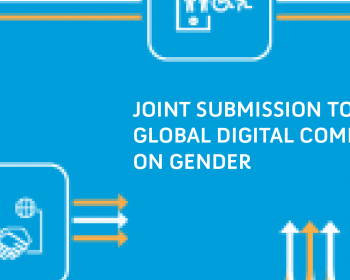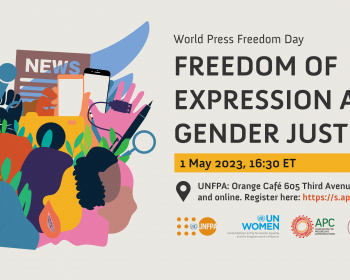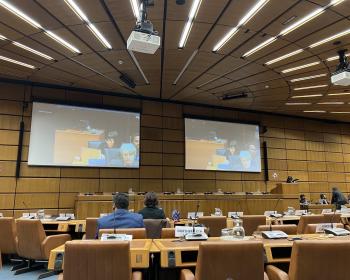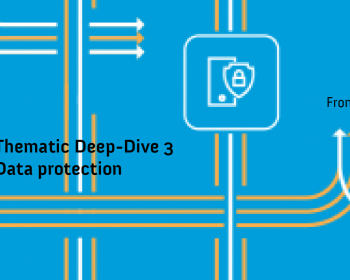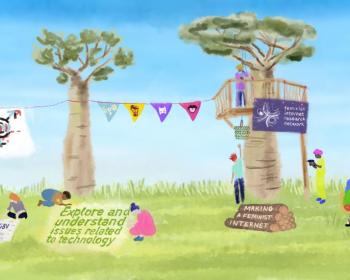Freedom of expression
APC will award one subgrant for a research project that focuses on the criminalisation of online expression in Sri Lanka, in continuation of research which to date has covered nine countries across South and Southeast Asia. The deadline to apply is 15 June.
This joint submission is a response to the Global Digital Compact (GDC) consultation process and its expected outcome to outline shared principles for an open, free and secure digital future for all.
Join us at a special 30th anniversary event for World Press Freedom Day where freedom of expression rapporteurs will discuss the agreed conclusions of the Commission on the Status of Women plus recommendations of the 2022 Joint Declaration on Freedom of Expression and Gender Justice.
Given that digital technologies and the laws and norms that govern them have the potential to perpetuate and worsen pre-existing structural inequalities, APC and Derechos Digitales believe that a central element of this future convention should be the integration of a gender perspective.
APC believes that a feminist approach to data and datafication examines the nature of data and constantly resists disembodiment of data. It is centred on the understanding that the consequences of data and datafication are embodied, with individuals and communities facing those consequences.
In response to the violence they face online, women censor themselves, stepping back from conversations online and sometimes exiting online spaces entirely. At times, however, they continue to speak and exist online but alter their speech and behaviour to comply with perceived social norms.
In spite of expanding awareness on online and technology-facilitated gender-based violence, there has only been an increase in the violence online in the last decade. Feminist research points to ways to address this ongoing challenge.
India imposed 84 internet shutdowns in 2022, the highest number globally for the fifth year in a row. APC joins a global civil society coalition to urgently ask the Indian government to create meaningful safeguards for citizens' digital rights and ensure unfettered access to an open, secure and reliable internet.
Last year saw the highest number of internet shutdowns ever recorded. Such enforced digital darkness is a slippery slope of easy authoritarianism that we see spreading globally, one that countries like India, with the world's highest number of shutdowns, are using to gain undemocratic compliance from their citizens.
Sex workers in South Africa moved to the internet to seek clients as the offline opportunities dwindled due to the pandemic-induced lockdown. But they face previously unknown challenges with the prevalent online gender-based violence in the country.

Association for Progressive Communications (APC) 2022
Unless otherwise stated, content on the APC website is licensed under Creative Commons Attribution 4.0 International (CC BY 4.0)




